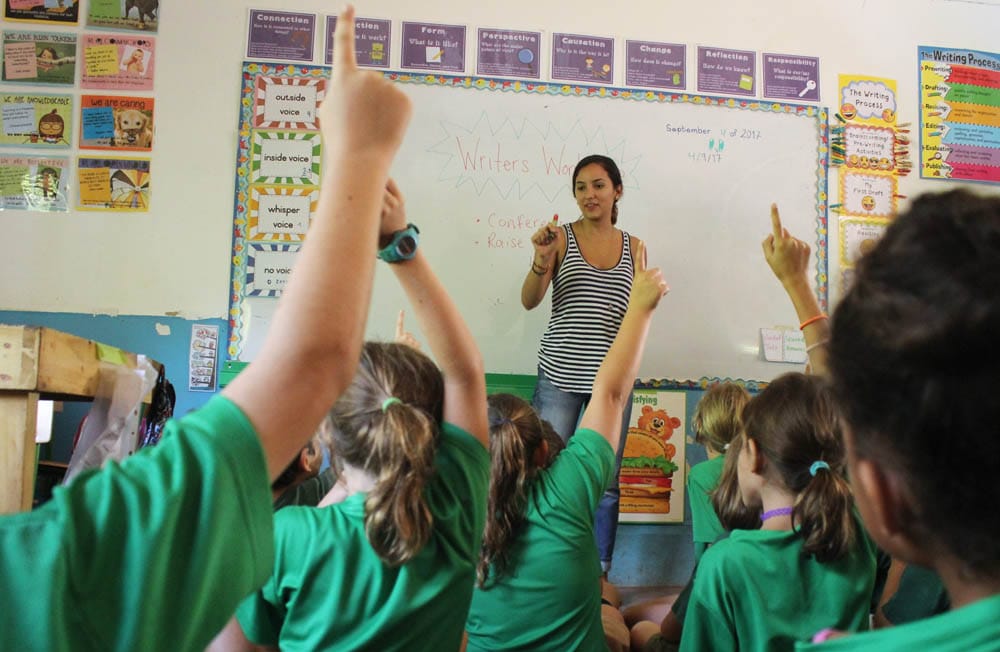Often in the world of education you will hear, “Good teaching is good teaching”, with the meaning that there are universal qualities of a good teacher that are equally valid and important in any educational context. This argument is often made regarding teachers working with language learners, with the idea that good instruction for a native speaker is equally high quality for a student in class still acquiring the language of instruction. While it is true that there are universal defining qualities of excellent educators: patience and attentiveness, creativity, critical thinking, a great personality, among other qualities; in my experience, there are additional and essential qualities specific to educators working in an international context and with language learners.
These necessary qualities include:
Professional qualifications in both the pertinent content area(s) and in the area of teaching and education: whereas we have all met someone we consider to be a “natural” teacher, it is important to not discredit the value of formal education and training in teaching and education just as it is equally important to hire educators who are experts in their field of study. Both of these qualifications should be highly valued and sought out during the recruitment and hiring process at any international school. Lack of one qualification or the other can undermine a student’s education and lead to learning gaps.
Superior emotional and cultural intelligence skills: respect and understanding for the culture of the host country and language in combination with an open-minded perspective and openness to divergent ideas and ways of being are especially essential for educators who work in international schools and with diverse student populations. It is essential that students’ feel accepted and valued within their school context.
Knowledge and application of strategies and techniques that support language acquisition through content: in an international context a good teacher has to become a great teacher by not only providing appropriate content instruction and learning experiences, but by providing instruction with the use of techniques and language supports that have been proven by research to be the most effective in students optimizing their language acquisition whilst they acquire new content learning. These strategies and techniques are not necessarily taught in most teacher education universities and it is, therefore, a goal to hire staff with additional training and qualifications related to language learning. High-quality additional qualifications might include: ESOL endorsements and certifications, TEFL certifications from respected and validated training programs, International Baccalaureate (IB) trainings, among others.
Ability to impart content knowledge with a local and global lens simultaneously: an international school has the unique goal and responsibility to prepare students for success on both a national and an international stage. Content cannot be taught within only a narrow lens of national realities and context. International school graduates are much more likely than their traditional school peers to have future careers with an international connection and therefore their education from a young age must reflect that unique reality. Furthermore, a commitment to contextualizing learning in relation to the diverse schema of all students in an international school assures they optimize their solidification of concepts and maintains students connected to their learning in as meaningful a way as possible.
In Futuro Verde, we are grateful and fortunate to have a highly qualified staff with strong professional qualifications and ways of being consistent with high-quality international educators!


